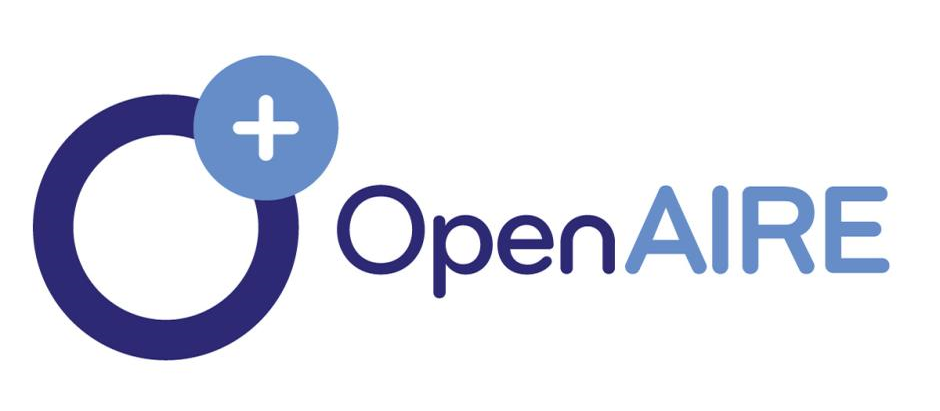Estilos educativos de los padres y percepción del autoconcepto en niños de nivel inicial
Fecha
2010Autor
Berrospi Carrasco, Luzmila
Asesor(es)
Capa Luque, WalterMetadatos
Mostrar el registro completo del ítemResumen
It explains the relationship between the educational style of the Fathers and the Perception of Self-concept in children 5 years of the initial level. In total of 80 children 5 years old and their parents. The evaluation of the educational style of parents with the questionnaire was conducted by Garcia and Magas, while self-concept assessment of the Perception of Self-Concept Scale Children's Village and Auzmendi. For the second instrument is the metric properties: reliability, validity and scales, resulting in all satisfactory properties. Our findings show that there is significant correlation between the educational style assertive and self perception in both mothers (r = 0.308, p <0.01) and parents (r = 0.235, P <0.05). The educational style punitive mothers related negative self-concept in children variable (r = -0209, P <0.05). With regard to parental educational style is inhibitory negative correlation (r = -0.20, P <0.05). We also found that the most practical style of education in our population both mothers (31.2%) and parents (27.5%) is overprotective, followed by assertive mothers (23.8%) and parents (20%) found no significant differences between both. Most participants (60%) had average levels of self-concept, with women (29.0%) predominating in relation to males (6.1%) in the high level, Resulting in the children (34.7%) who Obtain the highest percentage in the low level compared to the girls (9.7%). Se explica la relación entre los Estilos Educativos de los Padres y la Percepción del Autoconcepto en los niños de 5 años del nivel inicial. Participaron en total 80 niños de 5 años cumplidos y sus respectivos padres. La evaluación de los Estilos Educativos de los Padres se realizó con el cuestionario de García y Magas, en tanto que la evaluación del Autoconcepto con la Escala de Percepción del Autoconcepto Infantil de Villa y Auzmendi. Para el segundo instrumento se hallaron las propiedades métricas: confiabilidad, validez y baremos; resultando todas las propiedades satisfactorias. Los hallazgos muestran que existe correlación significativa entre el estilo educativo asertivo y la percepción del autoconcepto tanto en madres (r = 0.308; p< 0.01) como en padres (r = 0.235; p< 0.05). El estilo educativo punitivo en madres guarda relación negativa con la variable autoconcepto en niños (r = -0.209; p < 0.05). Respecto al estilo educativo inhibitorio en padres se halla correlación negativa (r = -0.20; p < 0.05). También se encontró que el estilo educativo de mayor práctica en nuestra población tanto por madres (31.2%) y padres (27.5%) es el sobreprotector, seguido del asertivo madres (23.8%) y padres (20%) no hallándose diferencias significativas entre ambos. La mayoría de participantes (60%) presentan un nivel de autoconcepto promedio, siendo las mujeres (29.0%) las que predominan en relación a los varones (6.1%) en el nivel alto, resultando los niños (34.7%) los que obtienen el mayor porcentaje en el nivel bajo a comparación de la niñas (9.7%).
Colecciones
- Psicología (Tesis) [416]








